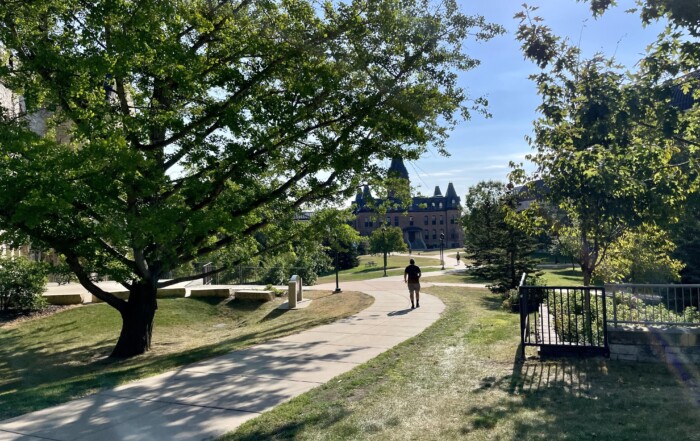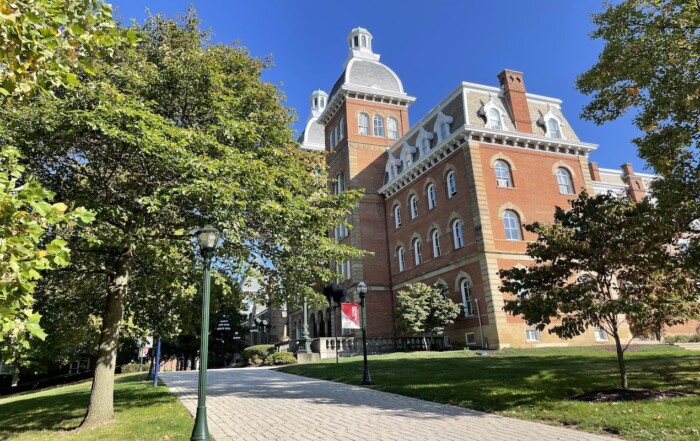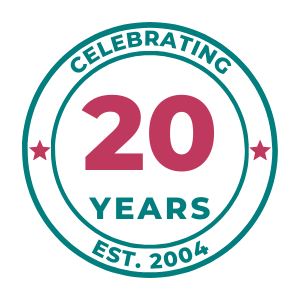College Admissions Tips and Guidance
Why Sophomore Year Is Not Too Early To Work With A Consultant

Explore Our Articles
Recent Posts
Popular Categories
Get In Touch
On Social
By Phone or Text
(617) 734-3700
By Mail or Email
1678 Beacon Street
Brookline, MA 02445
By Form
Educational Advocates
Our objective is to guide the family in finding options where the student will not only get admitted, but thrive and find success once on campus.
Why Sophomore Year Is Not Too Early To Work With A Consultant

Students can benefit from working with a consultant in their 10th grade year.
Although students file their college applications in the fall of their senior year, there are many reasons to start working with a college consultant as early as ninth or tenth grade. Here are a few scenarios:
High-Achieving Students. It is not uncommon for us to meet students late in junior year who have top grades in the most rigorous programs offered by their high schools and top test scores. It can be shocking for their parents to hear that children with this profile will not necessarily have their pick of colleges. This is usually because the student does not have many extracurricular activities that distinguish them. They lack a story to tell or concrete experiences to back up their interests. So the aspiring engineer is not in robotics or engaged in tinkering projects. The math whiz has never challenged herself outside of math class through Olympiads or summer programming, or the student who says he is interested in business has never held a job, started a business or led an activity. We lament that if we had only met such a family earlier we might have made suggestions for school and community involvements that would not only enhance the student’s high school experience, but also made them more attractive college applicants. We can recommend summer experiences, school-year activities, online courses and other activities, many at no cost, that can be exciting while also deepening a student’s interests and enjoyment.
High Potential Students. Some students are performing reasonably well academically and are engaged in fulfilling extracurricular activities. Many aspire to attend highly selective colleges, but they may have no idea what GPA or scores are necessary to be a competitive applicant. High schools often do not provide access to systems such as Naviance and SCOIR (where students can assess their chance of admission to colleges) until junior year in an effort to reduce stress, so starting this conversation sophomore year gives high-potential students time to make adjustments to their study habits or work ethic to improve their chances. If they are first exposed to this information later in junior year, it is difficult at that point to impact a GPA that is already largely determined.

Beginning the conversation about college early helps students be prepared for what to expect.
Less Engaged Students. Some bright students do not enjoy school. As a result, either their grades are relatively poor in relation to their potential or their grades may be acceptable, but the social or cultural fit of the school is off. Either way, they are not thriving and this has implications for their life after high school. If we meet such students early, we can make recommendations that might include finding programs or resources within their current high school, participating in a term-away program such as the High Mountain Institute or City Term, or possibly even a change of school. We also help find meaningful extracurricular options in or out of school that change how they feel about their experience.
Struggling Students. Some students have diagnosed or undiagnosed learning differences, emotional issues, or poor executive function skills. We can connect students with other professionals from evaluators, tutors, executive function coaches, and therapists to help identify and address the underlying issues. We can help students build confidence, see many pathways for their future, and realize there are many ways to be successful. We can help parents worry less about a child who is struggling and reassure them there are many options from good-fit colleges, to gap years and technical/career programs. Starting early to think about how to set their child up for success will make a world of difference.
Our meetings with freshmen and sophomores are less frequent, but if we are able to start a meaningful dialogue early about goals and aspirations then we can make recommendations that help set them on a path to a rewarding high school experience, and be well-positioned for post-secondary life.
If you have a freshman or sophomore and would like to hear more about our services contact us today.









